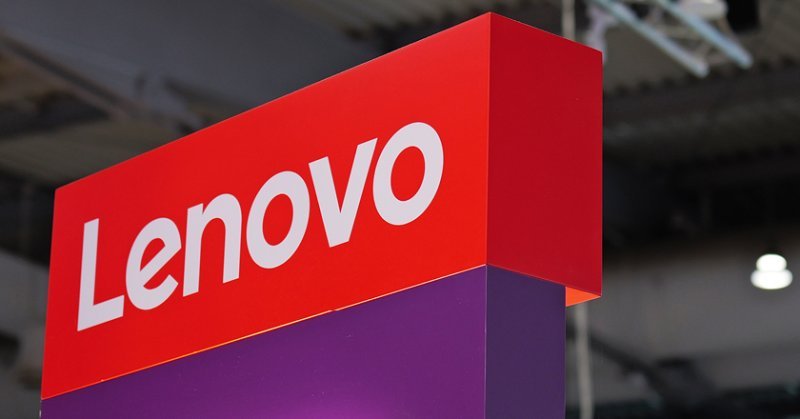Research from Lenovo reveals that 96% of retail sector AI deployments are meeting or exceeding expectations – outpacing other industries. While finance and healthcare are investing heavily, their results show mixed returns, highlighting sharp differences in how AI is being applied across sectors.
The CIO Playbook 2025, Lenovo’s study of EMEA IT leaders in partnership with IDC, uncovers sharply different attitudes, investment strategies, and outcomes across the Healthcare, Retail, and, Banking, Financial Services & Insurance (BFSI) industries.
Caution Pays Off for EMEA BFSI and Retail sectors
Of all the sectors analysed, BFSI stands out for its caution. Potentially reflecting the highly regulated nature of the industry, only 7% of organisations have adopted AI, and just 38% of AI budgets allocated to Generative AI (GenAI) in 2025 – the lowest across all sectors surveyed.
While the industry is taking a necessarily measured approach to innovation, the strategy appears to be paying dividends: BFSI companies reported the highest rate of AI projects exceeding expectations (33%), suggesting that when AI is deployed, it’s well-aligned with specific needs and workloads.
A similar pattern is visible in Retail, where 61% of organisations are still in the pilot phase. Despite below-average projected spending growth (97%), the sector reported a remarkable 96% of AI deployments to date either meeting or exceeding expectations, the highest combined satisfaction score among all industries surveyed.
Healthcare: Rapid Investment, Uneven Results
In contrast, the healthcare sector is moving quickly to catch up, planning a 169% increase in AI spending over 2025, the largest increase of any industry. But spend doesn’t directly translate to success. Healthcare currently has the lowest AI adoption rate and the highest proportion of organisations reporting that AI fell short of expectations.
This disconnect suggests that, while the industry is investing heavily, it may lack the internal expertise or strategy needed to implement AI effectively and may require stronger external support and guidance to ensure success.
One Technology, Many Journeys
“These findings confirm that there’s no one-size-fits-all approach to AI,” said Simone Larsson, Head of Enterprise AI, Lenovo. “Whether businesses are looking to take a bold leap with AI, or a more measured step-by-step approach, every industry faces unique challenges and opportunities. Regardless of these factors, identification of business challenges and opportunity areas followed by the development of a robust plan provides a foundation on which to build a successful AI deployment.”
The CIO Playbook 2025 is designed to help IT leaders benchmark their progress and learn from peers across industries and geographies. The report provides actionable insights on AI strategy, infrastructure, and transformation priorities in 2025 and beyond. The full CIO Playbook 2025 report for EMEA can be downloaded here.
Europe and Middle East CIO Playbook 2025, It’s Time for AI-nomics features research from IDC, commissioned by Lenovo, which surveyed 620 IT decision-makers in nine markets, [Denmark, Eastern Europe, France, Germany, Italy, Middle East, Netherlands, Spain and United Kingdom]. Fieldwork was conducted in November 2024.
Explore the full EMEA Lenovo AInomics Report here.






















